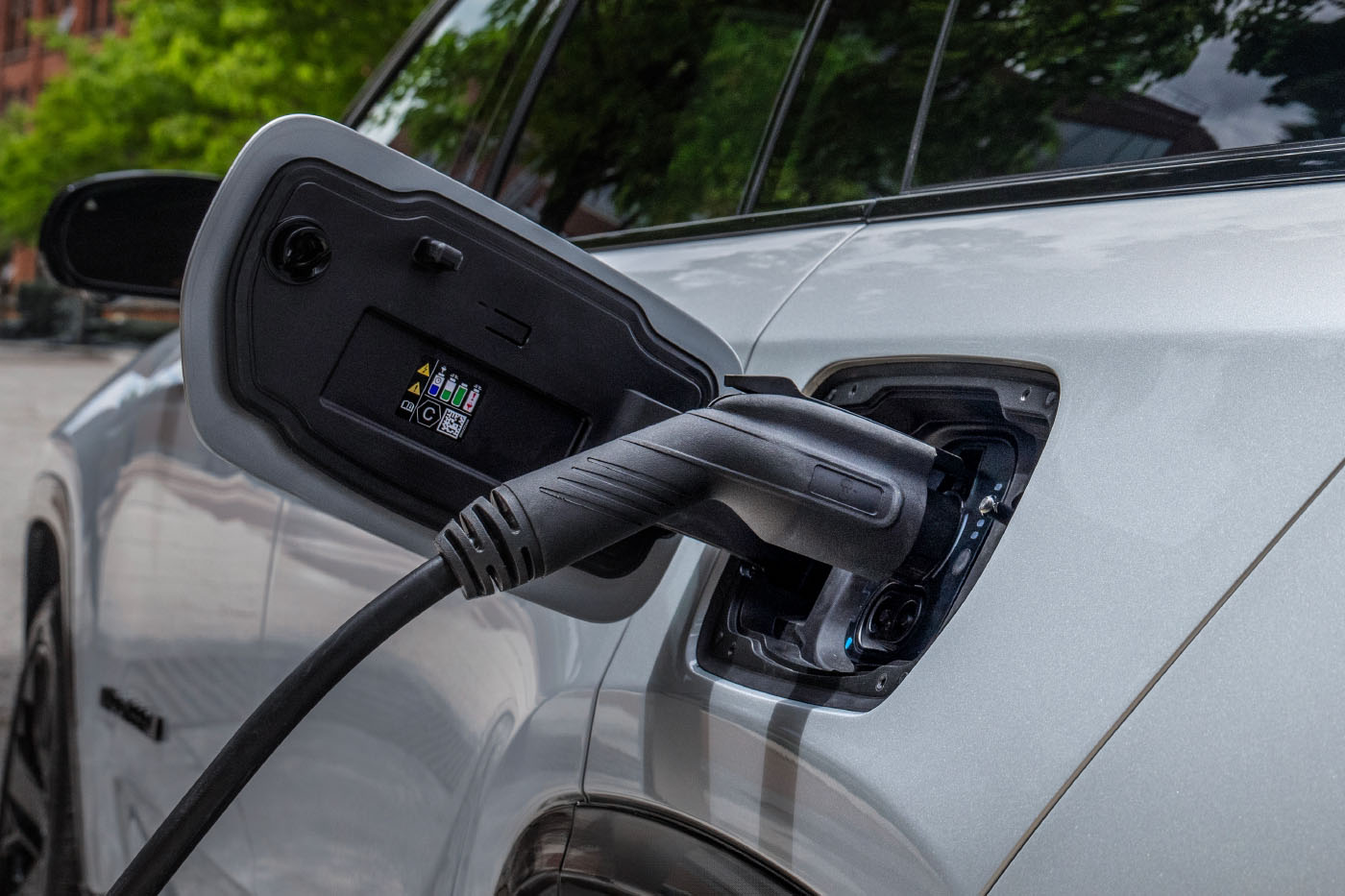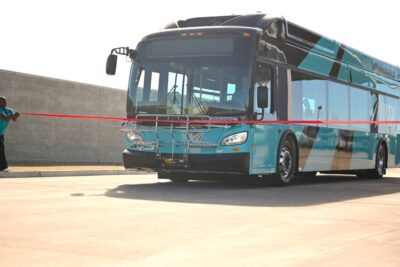SAE strives for ‘universal’ Plug & Charge for the USA
The SAE Industry Technologies Consortia (ITC) and its Electric Vehicle Public Key Infrastructure (EVPKI) consortium are cooperating with the US government agency Joint Office of Energy and Transportation on the broad Plug & Charge approach. The framework, which is to serve as the foundation for the rollout of Plug & Charge in the USA, bears the abbreviation of the EVPKI consortium in its name. Its members include leading automotive OEMs, charging device manufacturers, charging station operators, eMobility service providers and so-called PKI providers. PKI stands for ‘Public Key Infrastructure’ and the players operating in this field can, for example, issue digital certificates that authenticate the identity of users, devices or services. As is well known, this is a core topic at Plug & Charge.
The responsible SEA subsidiary explains that the USA has been characterised by a fragmented charging market to date: ‘Car manufacturers and charging networks use proprietary authentication and authorisation solutions, some of which allow functions such as Plug & Charge within their network.’ But some do not. The initiators want to counter this fragmentation of the market with their ‘SAE EVPKI solution’. The new framework creates a common security solution that enables vehicles, chargers and charging networks to communicate securely with each other and achieve true interoperability throughout the entire charging system. The promise: ‘Faster, automated charging with every public station and every car. The charging process and payment processing are seamless – no more using multiple apps or payment methods,’ say those involved.
The solution is based on a so-called Certificate Trust List (CTL) – a list with a linked catalogue of criteria that forms the basis for the inclusion of PKI providers from the industry in the SAE EVPKI governance model. The aim is to create an interoperable PKI solution for the eMobility industry and to establish a competitive PKI market for the eMobility sector, which does not yet exist in this form.
“Our mission is centered on interoperability, scalability and flexibility in EV Charging,” emphasises Tim Weisenberger, SAE EVPKI Director. “The public release of the SAE EVPKI with its Certified Trust List provides a critical message security solution for universal Plug & Charge functionality – marking a major advancement in the electric mobility ecosystem.” He expects “an operational EVPKI solution in 2025 and an open, competitive PKI vendor market to enable economical and secure charging at scale.”
“Universal Plug & Charge levels up the electric fueling experience — making it even easier than filling up with gas,” says Gabe Klein, Executive Director of the Joint Office of Energy and Transportation. “We are rapidly approaching a future where every EV driver can just plug in, charge up, and go; the network will talk to your car and process the payment seamlessly. This is a fundamental step in architecture toward enabling bidirectional charging and true vehicle-to-grid integration, the holy grail for energy and transportation.”





0 Comments